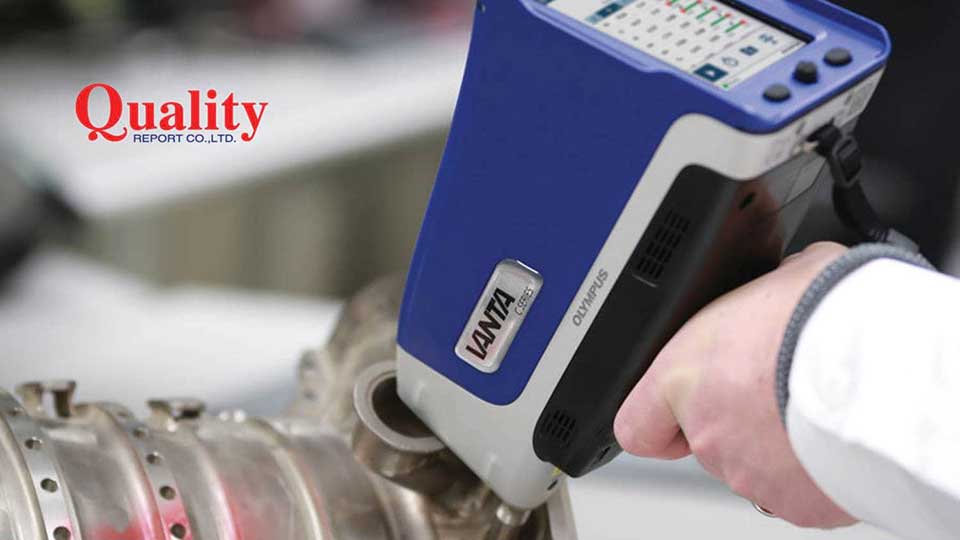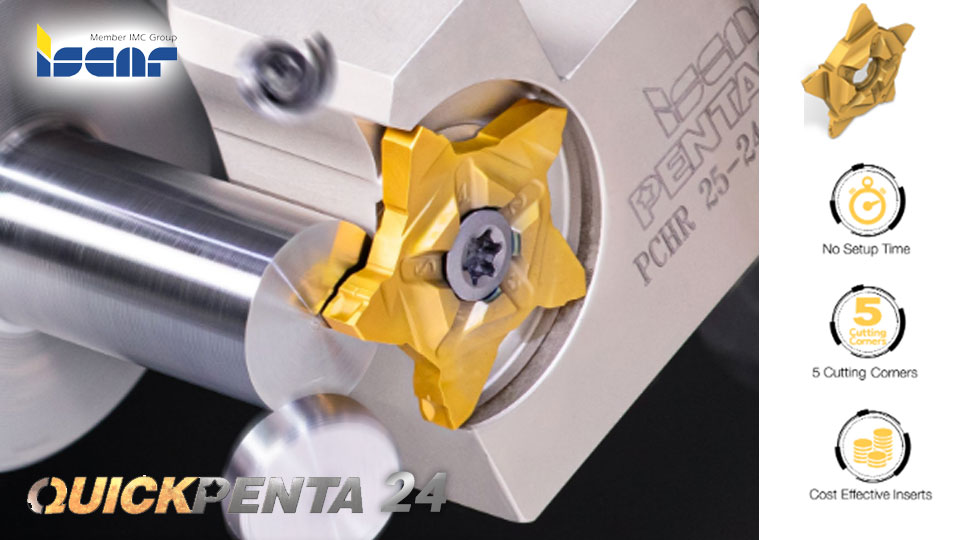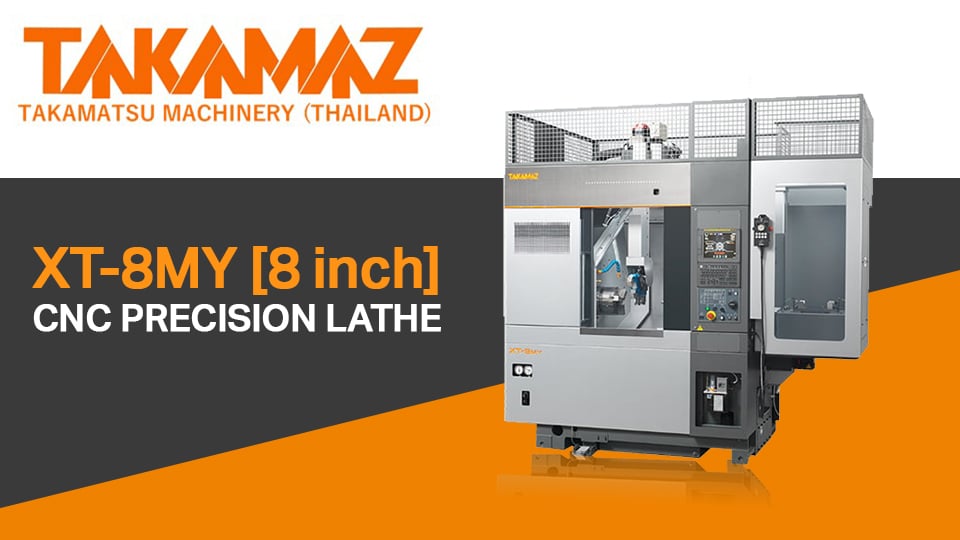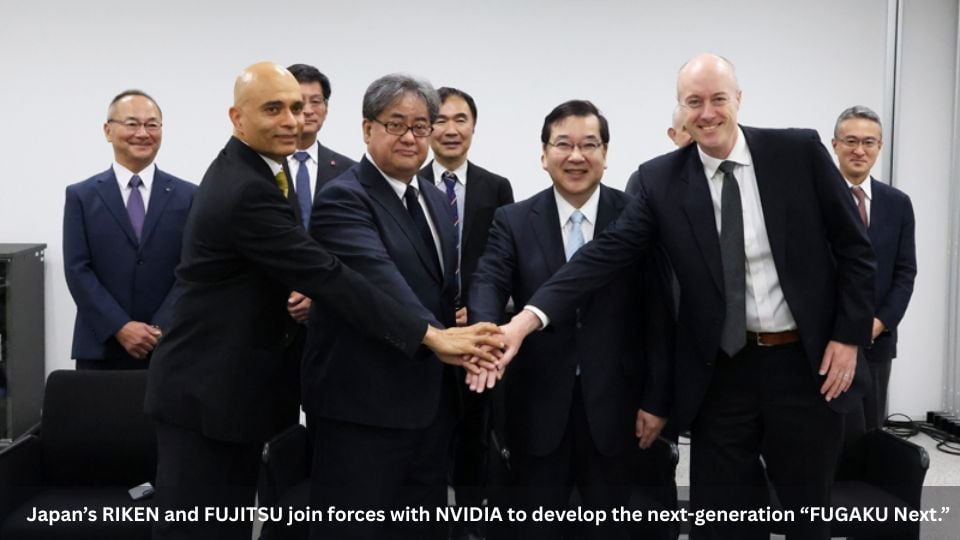
Title: Japan–US Joint Supercomputer Development: Aiming for Strategic Indispensability
Japan and the United States have begun joint development of the next-generation supercomputer FUGAKU Next, the successor to Japan’s world-class FUGAKU system. The project brings together Fujitsu, NVIDIA, and RIKEN, combining Japanese CPUs with American GPUs in a strategic alliance that could redefine the global supercomputing and AI landscape.
| Advertisement | |
Strategic Collaboration for the Next Generation of Computing
Fujitsu will provide its high-performance MONAKA X CPU, while NVIDIA contributes its advanced GPU technology and co-design expertise. The collaboration aims to create tight CPU–GPU integration, enhancing performance from the semiconductor design stage. According to RIKEN’s Director Satoshi Matsuoka, this partnership is expected to give Japan “strategic indispensability” in semiconductor and AI technologies — areas that are becoming increasingly vital for national security and economic competitiveness.
“This collaboration is truly exciting. We will invent many technologies and co-design systems together,” said Ian Buck, Vice President of NVIDIA.
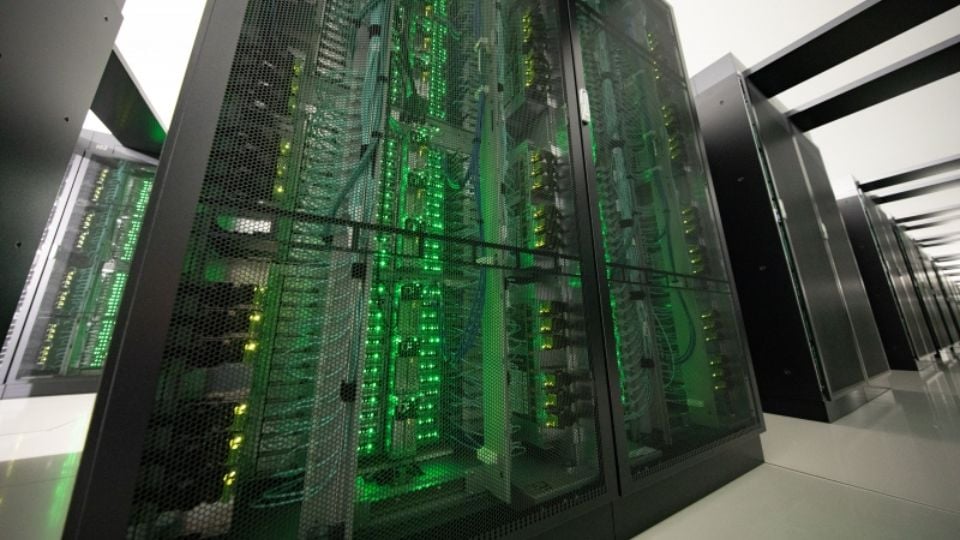
FUGAKU is the only top-10 supercomputer in the world that operates without a GPU.
Performance Leap: 100× Faster Than FUGAKU
FUGAKU Next is expected to deliver up to 100 times higher performance than the current FUGAKU system — achieving zetta-scale computing power. Hardware performance will increase sixfold, and software capabilities will improve twentyfold through RIKEN’s optimization.
The project will enable researchers to use AI and supercomputing tools in the same environment, bridging the gap between AI developers and scientific researchers. NVIDIA’s CUDA ecosystem will play a key role in integrating supercomputing applications with AI workloads.
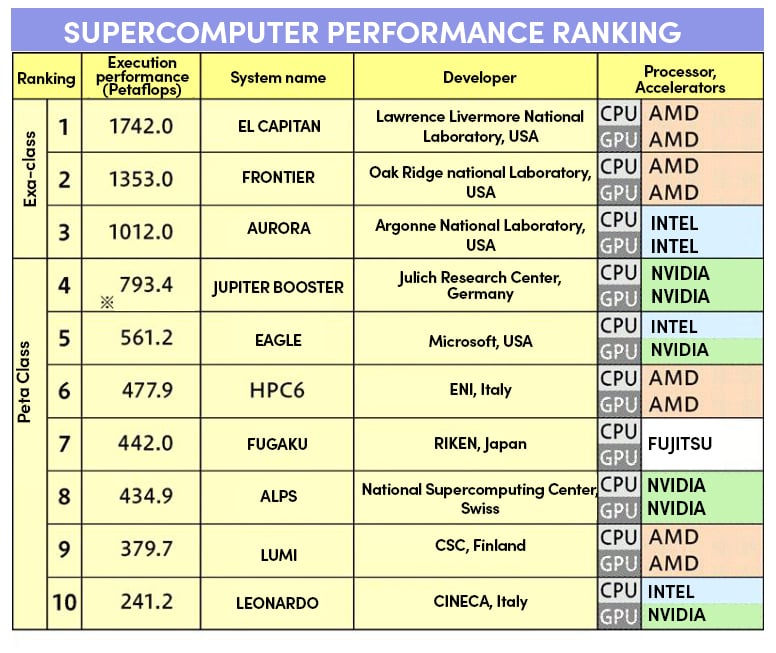
Boosting Japan’s AI Sovereignty
The initiative is also seen as part of Japan’s efforts to strengthen AI sovereignty — developing domestic AI infrastructure and models that reflect Japan’s cultural values and knowledge systems.
“Whether or not we can develop AI domestically is directly linked to the autonomy of research and development,” said Matsuoka.
RIKEN plans to hold an AI co-creation event with 1,000 scientists to test how AI can accelerate scientific discovery, forming a collaborative ecosystem that connects data, AI, and research in a continuous innovation cycle.
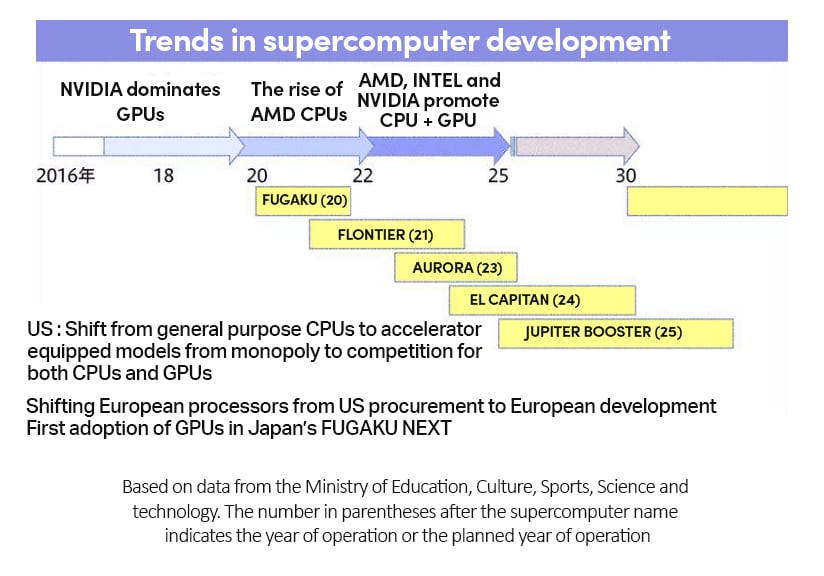
Toward a New Era of Global Supercomputing
If successful, FUGAKU Next will not only mark a technological leap but also establish Japan and the U.S. as indispensable partners in the global supercomputing race. The project represents a critical test of Japan’s ability to maintain strategic autonomy in the era of AI-driven science and technology.





